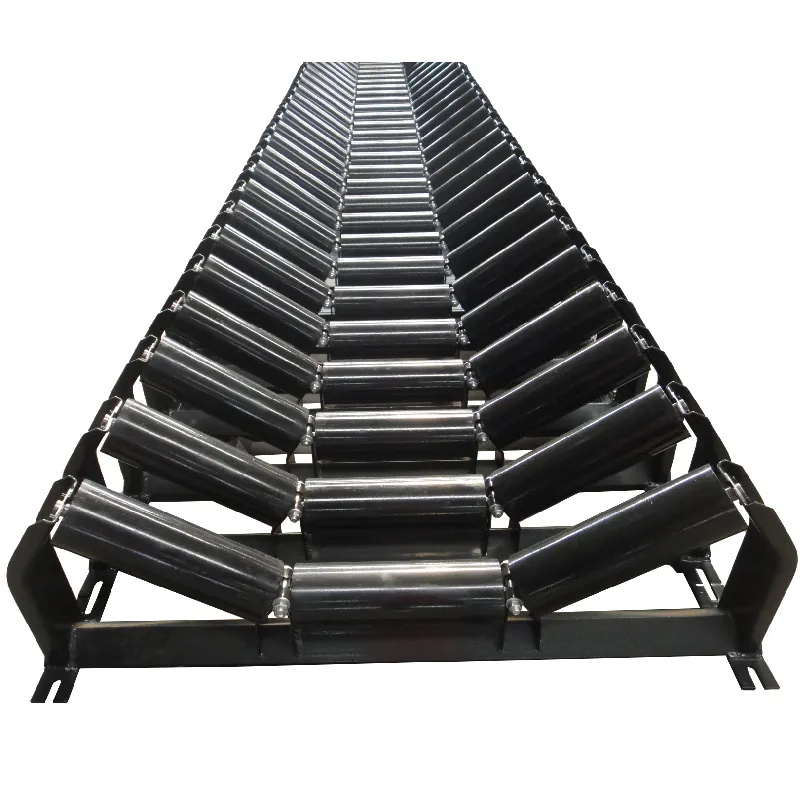 Afrikaans
Afrikaans  Albanian
Albanian  Amharic
Amharic  Arabic
Arabic  Armenian
Armenian  Azerbaijani
Azerbaijani  Basque
Basque  Belarusian
Belarusian  Bengali
Bengali  Bosnian
Bosnian  Bulgarian
Bulgarian  Catalan
Catalan  Cebuano
Cebuano  Corsican
Corsican  Croatian
Croatian  Czech
Czech  Danish
Danish  Dutch
Dutch  English
English  Esperanto
Esperanto  Estonian
Estonian  Finnish
Finnish  French
French  Frisian
Frisian  Galician
Galician  Georgian
Georgian  German
German  Greek
Greek  Gujarati
Gujarati  Haitian Creole
Haitian Creole  hausa
hausa  hawaiian
hawaiian  Hebrew
Hebrew  Hindi
Hindi  Miao
Miao  Hungarian
Hungarian  Icelandic
Icelandic  igbo
igbo  Indonesian
Indonesian  irish
irish  Italian
Italian  Japanese
Japanese  Javanese
Javanese  Kannada
Kannada  kazakh
kazakh  Khmer
Khmer  Rwandese
Rwandese  Korean
Korean  Kurdish
Kurdish  Kyrgyz
Kyrgyz  Lao
Lao  Latin
Latin  Latvian
Latvian  Lithuanian
Lithuanian  Luxembourgish
Luxembourgish  Macedonian
Macedonian  Malgashi
Malgashi  Malay
Malay  Malayalam
Malayalam  Maltese
Maltese  Maori
Maori  Marathi
Marathi  Mongolian
Mongolian  Myanmar
Myanmar  Nepali
Nepali  Norwegian
Norwegian  Norwegian
Norwegian  Occitan
Occitan  Pashto
Pashto  Persian
Persian  Polish
Polish  Portuguese
Portuguese  Punjabi
Punjabi  Romanian
Romanian  Russian
Russian  Samoan
Samoan  Scottish Gaelic
Scottish Gaelic  Serbian
Serbian  Sesotho
Sesotho  Shona
Shona  Sindhi
Sindhi  Sinhala
Sinhala  Slovak
Slovak  Slovenian
Slovenian  Somali
Somali  Spanish
Spanish  Sundanese
Sundanese  Swahili
Swahili  Swedish
Swedish  Tagalog
Tagalog  Tajik
Tajik  Tamil
Tamil  Tatar
Tatar  Telugu
Telugu  Thai
Thai  Turkish
Turkish  Turkmen
Turkmen  Ukrainian
Ukrainian  Urdu
Urdu  Uighur
Uighur  Uzbek
Uzbek  Vietnamese
Vietnamese  Welsh
Welsh  Bantu
Bantu  Yiddish
Yiddish  Yoruba
Yoruba  Zulu
Zulu conveyor impact bars
Understanding Conveyor Impact Bars Essential Components for Material Handling
In the industrial sector, the efficiency of material handling systems is paramount for optimizing production and minimizing operational costs. One of the often-overlooked yet crucial components within conveyor systems is the impact bar. This article delves into the significance of conveyor impact bars, their functions, types, benefits, and the factors to consider when selecting the right ones for your system.
What are Conveyor Impact Bars?
Conveyor impact bars are specialized components installed on the conveyor system's loading zones. They serve as a protective barrier between the conveyor belt and the material being transported, absorbing and dissipating the energy produced when bulk materials are dropped onto the belt. Without impact bars, the heavy loads could exert excessive forces on the conveyor system, potentially leading to belt damage, misalignment, and increased maintenance costs.
The Functions of Impact Bars
1. Shock Absorption When materials fall onto a conveyor belt, they can generate significant impact forces. Impact bars play a key role in absorbing these shocks, mitigating the risk of damage to the belt and other components of the system.
2. Support Bucket and Loaded Material Impact bars provide essential support for the loaded buckets and ensure that the weight is evenly distributed across the conveyor belt, reducing potential weaknesses or failures in the system.
3. Noise Reduction By dampening the effects of falling materials, impact bars also help in reducing operational noise, contributing to a quieter working environment.
4. Material Flow Improvement With their design focusing on providing a smooth surface for materials to glide over, impact bars facilitate improved material flow, which can enhance overall system efficiency.
Types of Impact Bars
Conveyor impact bars come in various types, tailored for specific materials and applications
- Rubber Impact Bars Made from durable rubber materials, these bars are suitable for lighter loads and environments where noise reduction is desired.
- Polyurethane Impact Bars Offering greater resistance to wear and tear, polyurethane bars are ideal for heavier loads and harsher environments.
conveyor impact bars

- Steel Impact Bars These are typically employed in heavy-duty applications where maximum impact resistance is required. They are robust but can be heavier and may lead to increased strain on the conveyor system.
- Composite Impact Bars Combining materials such as rubber and metal, these bars aim to provide a balance between durability, noise reduction, and weight management.
Benefits of Using Impact Bars
Investing in high-quality impact bars can result in several and significant benefits
- Reduced Maintenance Costs By preventing damage to the conveyor belt and other components, impact bars can lead to lower maintenance expenses and extended service life.
- Improved Safety The use of impact bars contributes to a safer working environment by reducing the risk of component failure under heavy loads, which can lead to accidents.
- Enhanced Productivity With a properly functioning conveyor system, businesses can experience improved throughput and efficiency, supporting overall productivity goals.
Choosing the Right Impact Bars
When selecting impact bars for your conveyor system, consider
- Material Type Choose a material that best suits the weight and nature of the load being transported.
- Environmental Conditions Assess the working environment's temperature, moisture levels, and exposure to chemicals, as these factors can affect the bar's performance and longevity.
- Size and Compatibility Ensure that the impact bars fit the specific dimensions of your conveyor system and can efficiently integrate with existing components.
In conclusion, conveyor impact bars are indispensable elements for the efficient and safe operation of material handling systems. By absorbing shocks, providing support, and enhancing material flow, these components contribute significantly to reducing maintenance costs and improving productivity. When looking to optimize your conveyor system, investing in the right impact bars tailored to your specific needs is a decision that pays dividends in the long run.
-
Revolutionizing Conveyor Reliability with Advanced Rubber Lagging PulleysNewsJul.22,2025
-
Powering Precision and Durability with Expert Manufacturers of Conveyor ComponentsNewsJul.22,2025
-
Optimizing Conveyor Systems with Advanced Conveyor AccessoriesNewsJul.22,2025
-
Maximize Conveyor Efficiency with Quality Conveyor Idler PulleysNewsJul.22,2025
-
Future-Proof Your Conveyor System with High-Performance Polyurethane RollerNewsJul.22,2025
-
Driving Efficiency Forward with Quality Idlers and RollersNewsJul.22,2025





























